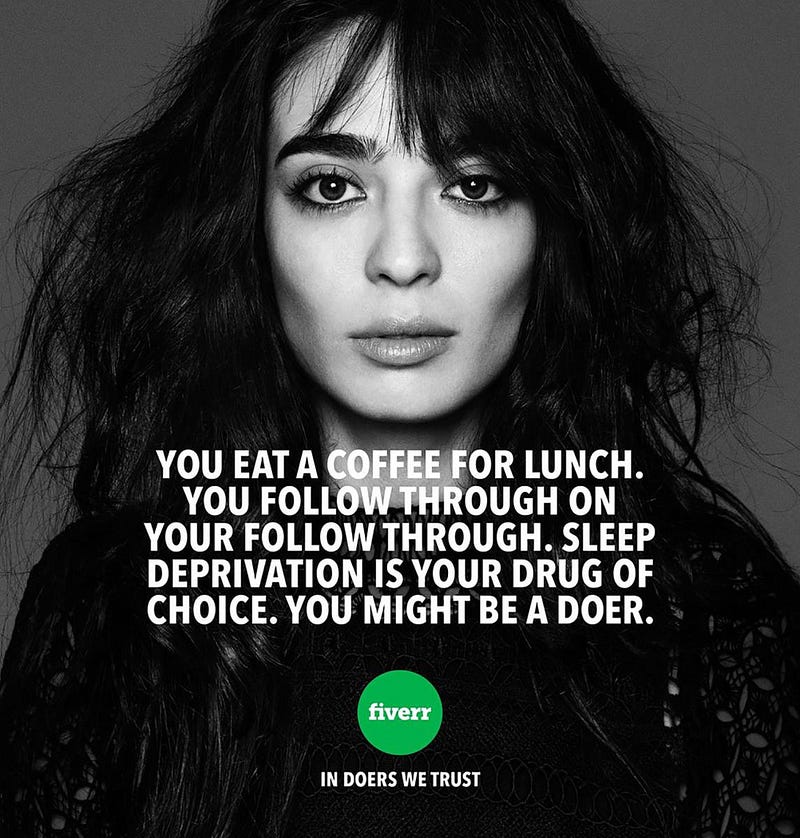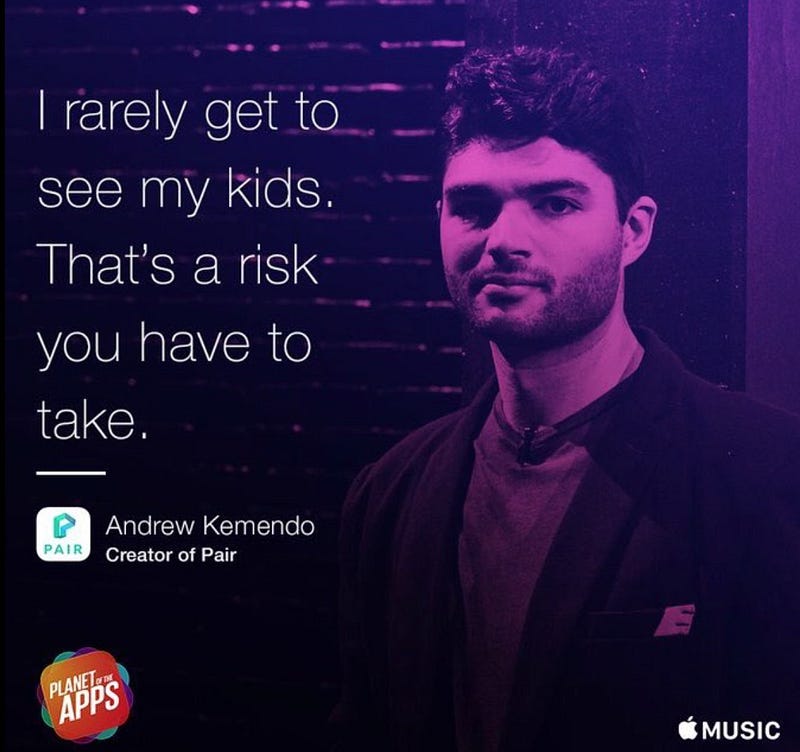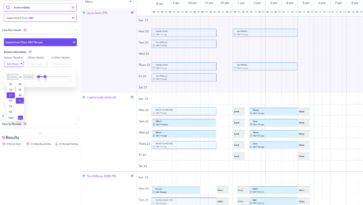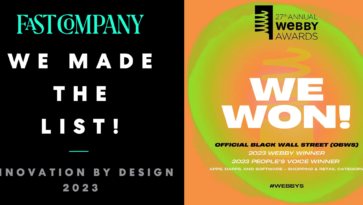In the twenty-first century, Mary’s baby isn’t born in a manger; he’s almost born in a Lyft vehicle. After working through her contractions to pick up one more rider, Lyft driver Mary from Chicago was publicly applauded by Lyft HQ for her dedication. In addition to sparking discussions about contract workers’ rights, stories like Mary’s highlight the looming phenomenon of companies publicly boasting about and even encouraging workers to risk their physical and mental health for the sake of their job.
Unfortunately, tech is not the exception to promoting unhealthy work habits; the industry is often the rule. The business of technology is dominated by risk-takers and innovative startups, most of which are fronted by young, eager entrepreneurs and creatives. The tale of the entrepreneur is one of sacrifice and triumph; it’s the perfect example of “high risk equals high reward.” Physical and mental health risks, however, do not have to accompany financial and creative risks. Tech companies’ public presence would have you believe otherwise. Apple’s Planet of the Apps praised Andrew Kemendo, creator of Pair, for sacrificing time with his family to ensure the success of his startup. The popular freelancing app Fiverr released a subway ad that described their users with phrases like, “you eat a coffee for lunch” and, “sleep deprivation is your drug of choice.” Messages like these paint a sad picture of a successful individual — one that’s lonely, tired, and malnourished. In reality, someone who fits Fiverr’s description of “a doer” with the workday glorified by Planet of the Apps and Lyft would not be able to deliver quality product or services; this on top of the dangers to their health this lifestyle would pose.

A healthy work life is a successful work life. Most management teams are aware of the decades-old research proving that workers who eat healthy, sleep well, and take breaks tend to perform better in the workplace. In direct response to this research, tech giants like Google and Apple host a vast selection of employee perks and benefits– all of which are in place to promote the health and wellness of their team. The incongruity between the lifestyle promoted publicly by the industry and the alleged goal of companies’ structured amenities, however, does a disservice to emerging professionals. Is one meant to spend the rise of their career in an unhealthy relationship with their work, only for the hope of one day working for a company that has nap pods scattered about the office?
A study conducted by the Pew Research Center reported that millennials spend twice as much on self-improvement, investing in workout regimens and therapy. The “millennial obsession with self-care” comes from a deeper generational understanding of what it means to be self-aware and self-loving. Hyepin Im, the president and CEO of Korean Churches for Community Development and an expert on mental health and digital literacy, argues that access to information about self-care is partly why younger professionals are more invested in caring for themselves: “In a way… having that affordable free access to information increases awareness to these areas we didn’t know from schooling or families,” Im said. “Once you’re aware, these new tools and apps equip us … to actually make that investment.”

It’s clear that the young faces of industry want to achieve success healthily. Why is it, then, that the branding and messaging of successful startups and tech giants promote a self-care-less image? Perhaps the extreme version of the traditional Protestant Work Ethic is a way to combat the possibility that some might view the reality of working in new industries as a “cushy” or “lazy.” Maybe tech companies are trying to evoke scarcity and competition for their limited job openings. Whatever the motivation, companies that promote unhealthy work habits that directly contradict their structured company culture are doing a disservice to themselves and to young creatives. You don’t have to overdo anything to be a doer. Quality products come from healthy creators.
— Cassandra Gibson, Apprentice at Sidebench
Cassy is a Rice University alum and Texan transplant surviving in Los Angeles. Her interests include environmental justice, vegan cooking, discovering great podcasts and petting dogs.
—
This article was originally published on Medium








